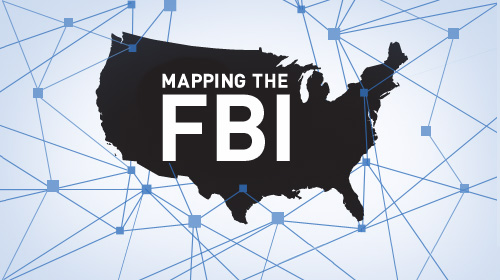NYT Reports on Hate Crimes FBI Refused to Investigate, Uncovered by ACLU Racial Mapping FOIA


On Friday, The New York Times published an excellent report about the FBI's failure to investigate two 2007 hate crimes that was based on FBI documents the ACLU of Northern California, the Asian Law Caucus and the San Francisco Bay Guardian uncovered through a Freedom of Information Act (FOIA) request on the FBI's Racial Mapping program.
The first incident involved seven gunshots fired at a Northern California Islamic community center in January 2007. The FBI report documented a series of escalating acts over the previous years – threatening messages, a brick thrown through a window and a single gunshot fired at the mosque – but the FBI still refused to investigate the 2007 incident as a possible hate crime. The mosque was later destroyed in an unsolved arson attack. The second incident, also in 2007, concerned threatening and racially charged phone calls received by a student activist at UC Berkeley. The FBI memo shows that the investigating agent reviewed FBI files and located some of the student's e-mails, which the agent claimed "expressed conveyed hatred toward the United States and Israel and support for the Palestinian cause." The student rejects this characterization of his views, but the more important issues are why a crime victim's political viewpoints are allowed to influence the FBI's decision whether to open an investigation, and why the FBI retained these e-mails in its files in the first place.
The ACLU uncovered thousands of FBI documents through a nationwide FOIA campaign to uncover information about the FBI's racial and ethnic mapping program, which was authorized in 2008 through amendments to the Attorney General Guidelines. We have detailed some of the most severe abuses in our "Eye on the FBI" alerts regarding the Bureau's Racial Mapping and Mosque and Community Outreach programs as well as it's racially biased and inaccurate counterterrorism training materials, but many other stories from these documents remain untold. Investigative reporters, activists and the interested public can browse through the FBI documents by topic or do keyword searches here. The portal is also a great resource for research by academics and defense attorneys, as it includes many FBI manuals and internal policies, such as this informant policy manual and this counterintelligence policy guide, among many others.
Radical changes to FBI policy over the last decade have opened the door to abuse, and we hope the documents continue to be useful to educating the public and policy makers about the need to rein in the FBI's unchecked authorities.
Learn more about racial discrimination and other civil liberty issues: Sign up for breaking news alerts, follow us on Twitter, and like us on Facebook.

